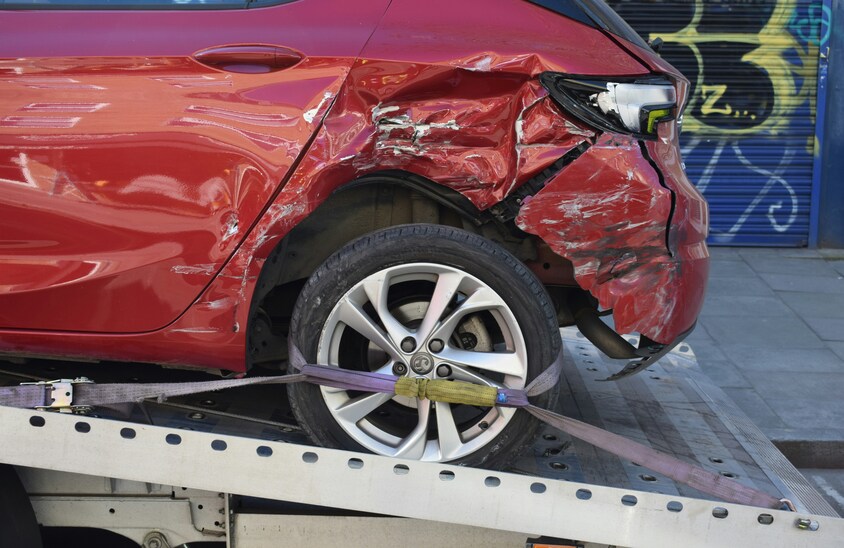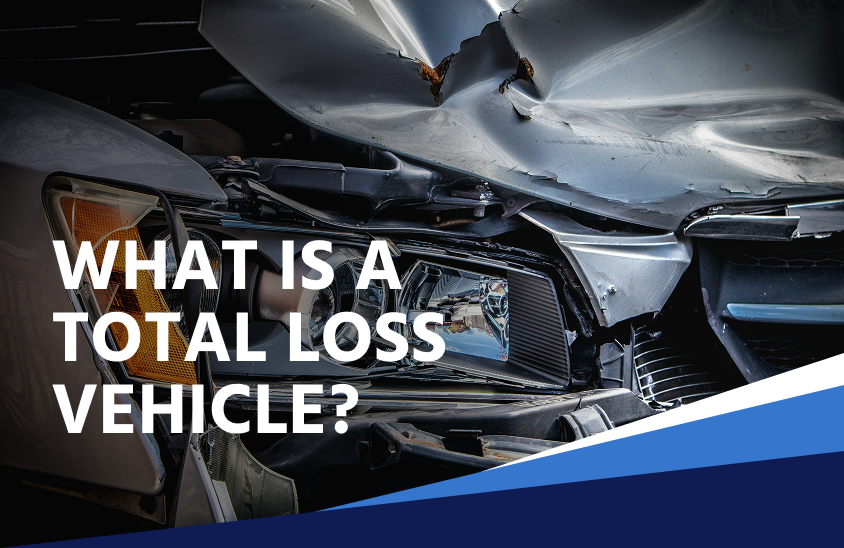Why Every Car Accident Doesn’t Get Reported to CARFAX
Chances are, you’ve probably heard of CARFAX. You’ll see or hear this company’s mascot explaining the risks of buying a used car without scoping out one of this brand’s reports. It’s easy to see why CARFAX is so successful. CARFAX is a company consumers trust and often turn to before buying a used vehicle.
After all, who would want to spend money on a vehicle without knowing its history? With slogans like “Be smart… be sure”, they imply their reports remove the risks and unknowns of buying a used car. However, do all accidents show up on CARFAX? The answer might surprise you.
The Truth About How CARFAX Gets Accident Information
So, is CARFAX the be-all-end-all reporting source? No. What you might not know is that this company’s reports are only as good as their data sources. If you work with data, you know some sources aren’t as forthcoming as others.
Who reports accidents to CARFAX? According to this company’s website, CARFAX gets accident information from over 92,000 data sources including:
- Departments of Motor Vehicles (DMVs)
- Repair facilities
- Insurance companies
- Warranty providers
- Auto auction facilities
- Police departments
Sounds pretty thorough, right? Well, what this company doesn’t tell you is not all accidents will show up in a CARFAX report. Sometimes, CARFAX gets incomplete accident information.
Browsing this brand’s website shows a disclaimer. This disclaimer basically states that CARFAX can only provide information supplied to this company. In other words, it doesn’t always have fully detailed data about vehicles it reports on.
Do All Accidents Show Up On CARFAX?

No. Many scenarios can lead to information not appearing in a CARFAX report. These situations can include but aren’t limited to:
- Police weren’t called in to write an accident report
- A repair facility doesn’t report to any of CARFAX’s data sources
- A police department’s older system is inaccessible with modern technology
- Accidents reported after CARFAX scans a certain data source
- Collisions that were never reported by anyone
- Incidents where a vehicle’s owner self-repaired the automobile damage
Time delays happen often. That results in CARFAX getting accident information late. Sometimes, these situations lead unsuspecting buyers to purchase a used automobile they thought had an accident-free history. That’s not the case. Instead, this person learns their new vehicle’s history wasn’t as clean as they thought.
This individual may also rerun their recently purchased automobile through CARFAX and see updated incident information. Realizing that such a major purchase didn’t have a clean record can be understandably frustrating.
Your Vehicle’s Accident History Will Cost You Money
Regardless of who reports accidents to CARFAX, it’s typically only a matter of time before your vehicle’s full accident history is revealed. This unfortunate situation could lead to difficulties selling or trading your automobile to a dealership or private buyer. It also results in diminished value, which involves a vehicle dropping in value after being in an accident.
Dealers and other educated potential buyers may have trained eyes capable of spotting previous repair work. Some dealerships use special gauges to measure paint thickness and other techniques to spot work you assumed was well hidden.
Trust DVCHECK for Help With Diminished Value
Even though not all accidents show up on CARFAX reports, a vehicle with a history of accidents will likely be costly for its owner. Fortunately, there’s hope. Thankfully, you can file a diminished value claim for automobile collisions that weren’t your fault. However, you must prove that these accidents happened. That’s where DVCHECK helps.
Our Simple Process
First, get your free assessment from DVCHECK. This fast and free estimate allows one of our experts to assess your vehicle and provides you with an estimate of how much value it has lost due to the accident. It’s also an opportunity for you to ask DVCHECK’s team any questions.
Next, you’ll need to order a certified appraisal from DVCHECK. This also gives you complete phone and email support until your claim is settled.
How does CARFAX get accident information? You now know the surprising truth. If you need help with your diminished value claim, contact DVCHECK. We are a nationwide provider of diminished value appraisal reports. We can assist you with documenting, demanding, negotiating, and recovering your car’s diminished value after a car accident. Get your free consultation with DVCHECK today.







